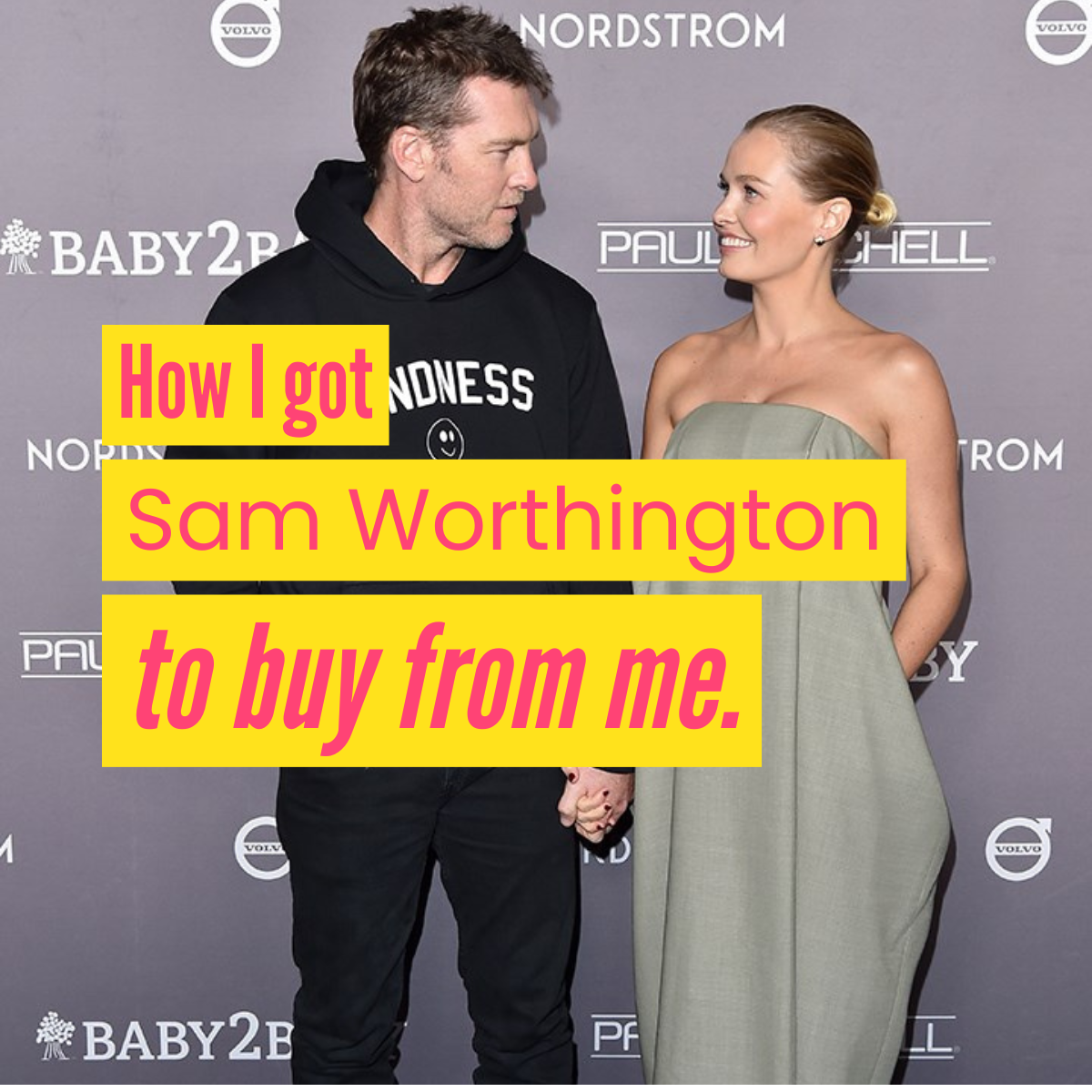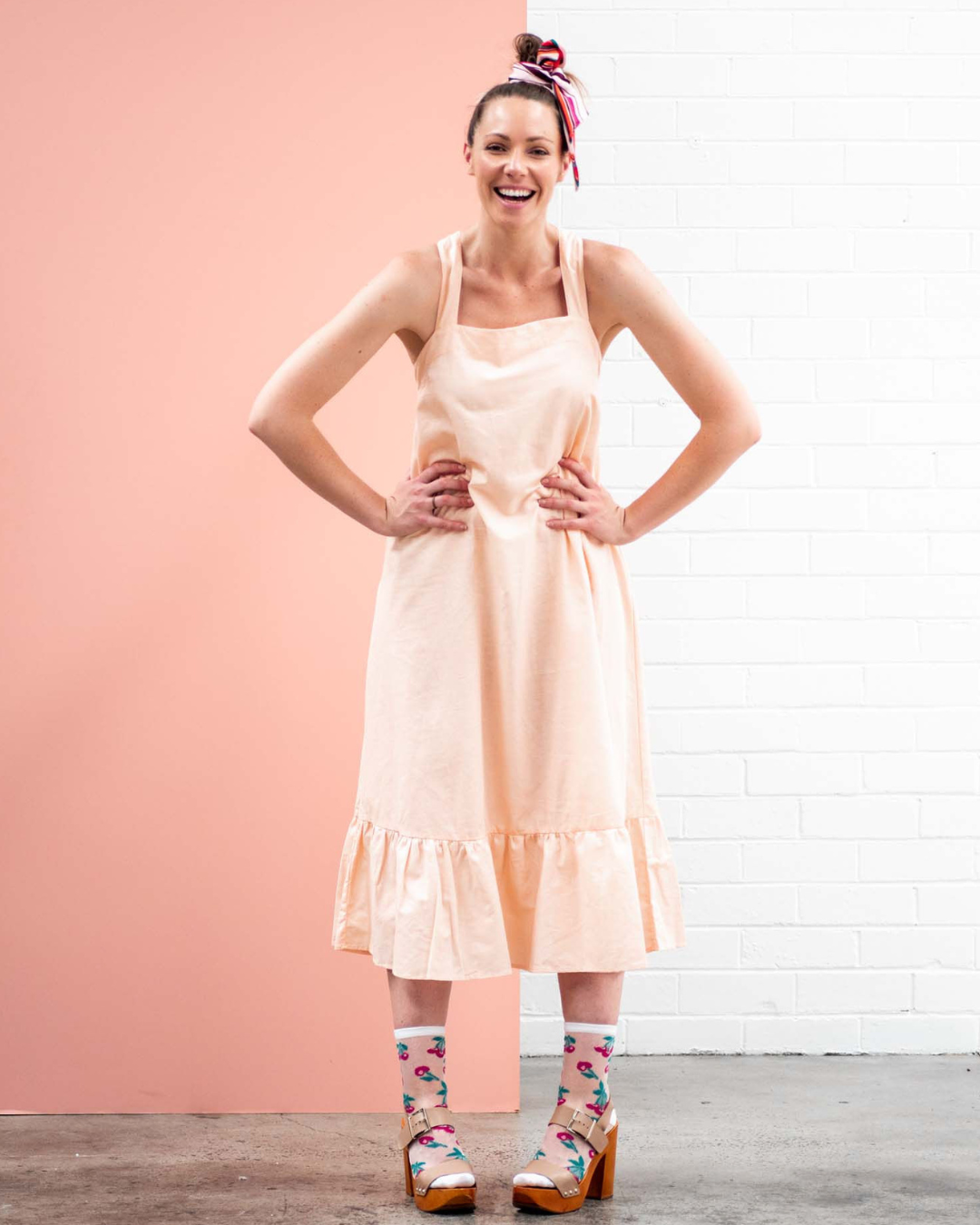The introduction of the Fashion Start-Up Lounge to this year’s Virgin Australia Melbourne Fashion Festival calendar was a step in the right direction for the country’s most significant fashion event.
Last Thursday night, six industry professionals opened a can of worms at the GFX Sustainability Panel and addressed the issues we face as an industry around sustainability, collaboration, human rights and global competition.
I spoke about my role in the fashion industry, how I'm using The Fashion Advocate to encourage collaboration, and what I'm doing to ensure a positive fashion future. The term ‘sustainable fashion’ is still relatively misunderstood, and after each panellist shared their perspectives on the topic, it became abundantly clear that there is an obvious lack of transparency in the industry. The issue with fast fashion isn’t just a consumer responsibility, but a brand responsibility and a supplier responsibility, and every phase of the garment lifecycle needs re-modelling if we’re to see any change.
Kate Luckins agrees, but she knows that these things take time, and it’s something she’s experienced herself after 12 years running her sustainable fashion initiative, The Clothing Exchange.
“All aspects of fashion production and consumption were put under the microscope last night. We opened the discussion on how we can create change and how we can work towards a more sustainable industry. The consensus was that educated and ethical consumers and designers are actively driving change, it's happening, but big businesses and the government need to jump on board accordingly. Everyone agreed that we could amplify our impact for a better fashion future through collaboration.”
Led by GFX founder, Patrick Duffy, the panel forced each each of us to address areas of concern and pitch possible solutions. Patrick agrees that opening up the conversation around these issues is the first step towards a more sustainable industry.
“Last nights GFX Sustainability Panel brought together a fantastic and diverse range of experts who work in and around the fashion industry. We looked at all aspects including design, sustainable development, alternative business models, and human rights - all centred around how we can and need to collaborate to make a better future and industry. What we accomplished was a big step forward, and by starting the conversation with a team of experts, we're setting an example. We have a long way to go, but we'll continue to build on this momentum, and we'll continue to seek support from the big players. We're taking measurable and actionable steps forward."
The Fashion Advocate x




